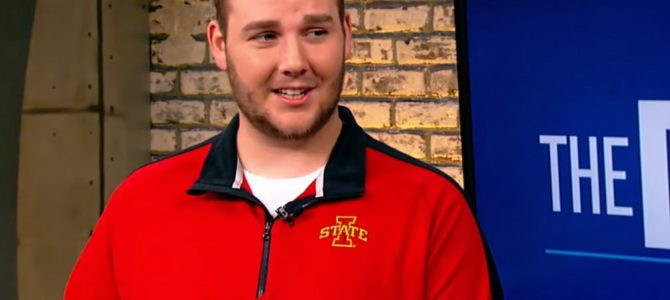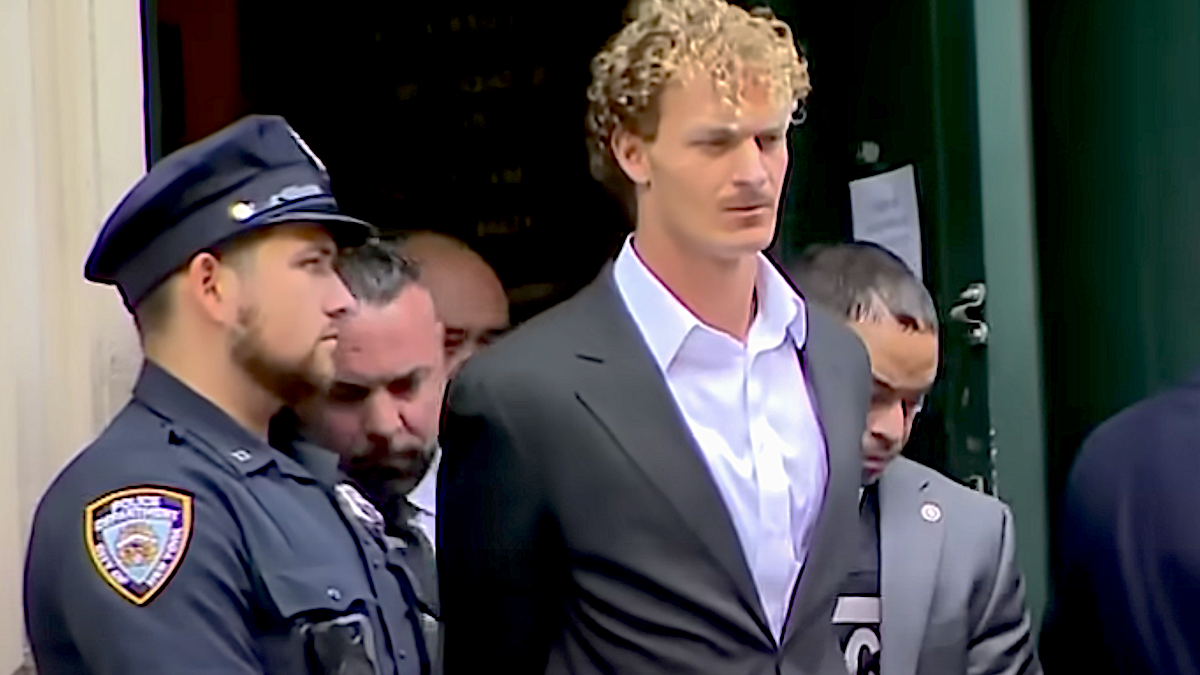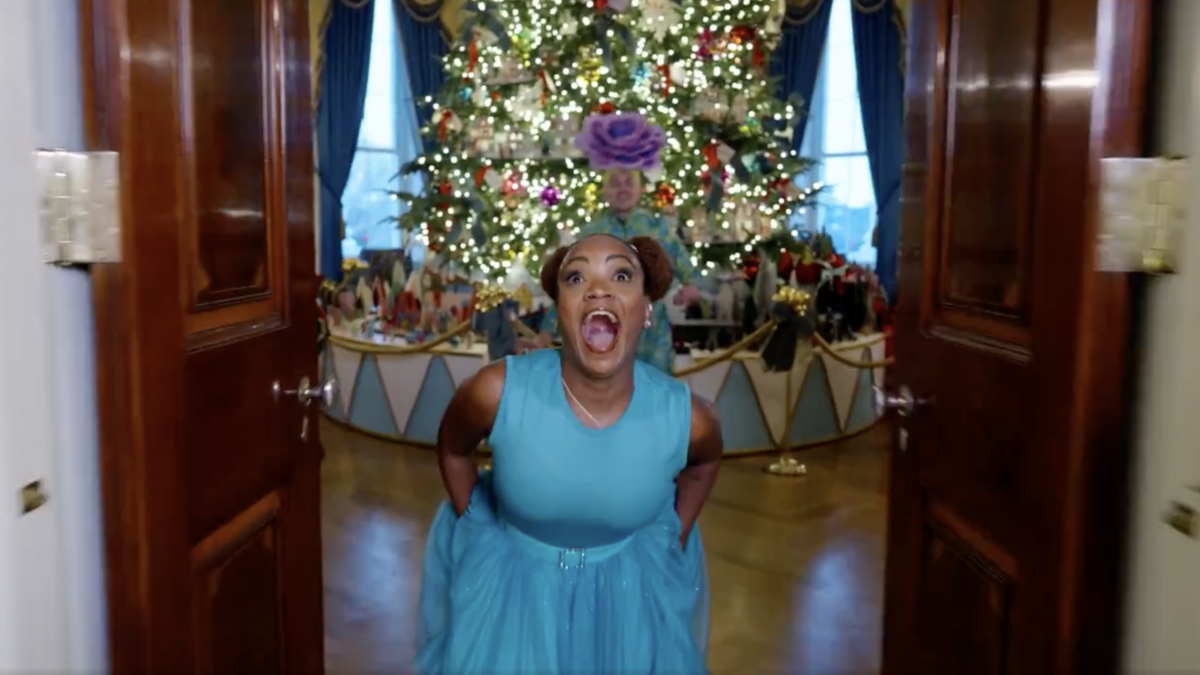
Imagine that you move to a new subdivision and strike up a friendship with your next-door neighbor. The following summer, he invites you over for his annual Fourth of July cookout. While enjoying some ribs and a beer, you casually ask him if his mother is going to be there.
Before your neighbor can answer, another partygoer shouts, loud enough for the entire assembly to hear, “Not after he called her an overbearing hag at the cookout five years ago.”
After gasping in horror, everybody else in attendance begins haranguing your neighbor, shouting about how greatly he’s failed them and cursing him for being such a disappointment. But as the mob wails, your courage swells.
You stand up on the picnic table in the back yard and shout, “Guys, please. Do we really want to condemn him for something that happened five years ago? Of course we don’t! We need to be a forgiving people.” Then, turning to your neighbor, you look him in the eye and say tenderly, “Don’t worry. We forgive you.”
Have you fixed the problem? Have you adequately come to your neighbor’s defense? No, you haven’t. The reason is quite simple: By telling your neighbor “we forgive you,” you implied that he needed forgiveness from a gaggle of people he didn’t sin against, which will only embolden the same people to come after him again the next time one of his sins becomes public.
So while you surely had the best of intentions, you didn’t truly come to your friend’s aid when you gave him your word of absolution. Rather, what you said while orating atop the picnic table was, “Guys, he may need to ask God and his mother for forgiveness. But he doesn’t owe you anything. So let’s be loving neighbors by ignoring this five-year-old sin that’s none of our business.”
This is also how we should come to the aid of our neighbors like Carson King.
In case you missed the recent milkshake ducking of the 24-year-old Iowa State alumnus, King recently appeared in the background of ESPN’s “College GameDay” with a poster reading “Busch Light Supply Needs Replenished,” followed by a request for $25 payments sent via Venmo. After donations started rolling in, King made the honorable decision to donate everything to University of Iowa’s Stead Children’s hospital, a decision that led both Venmo and Anheuser-Busch to pledge matching funds.
These being the days of holiness-coveting and rage-mongering, however, King’s time as an unproblematic unlikely celebrity was short lived. While researching King for a profile in the Des Moines Register, writer Aaron Calvin unearthed unsavory tweets King authored when he was 16.
In an apparent attempt to get out in front of the story, King apologized for the eight-year-old tweets before Calvin’s story was published, which resulted in Anheuser-Busch cutting ties with him. Despite having written the objectionable words while in high school, despite his regret, and despite none of tweets mattering since he was giving away every cent he raised to sick children, the hero-du-jour was now being torn down by journalists hungry for a villain. Moments after Carson King’s coronation, he was cancelled.
As this story shows, cancel culture is profoundly merciless, so it can be tempting for those of us who want to be people of mercy to defend the likes of King. However, in our zeal to be good neighbors, we should be cautious about how we speak about forgiveness when addressing those who are being hounded by social media outrage. In particular, we should refrain from saying that, in order to become a healthy society again, we have an obligation to forgive the beer-enthusiast-turned-philanthropist—well-meaning as that statement may be.
King needs God’s forgiveness for thinking any evil thoughts that led him to type hateful words onto Twitter. And he needs the forgiveness of those he sinned against, whomever they might be. (I’ve already forgotten what he said in the tweets he regrets and am philosophically opposed to re-digging up dirt that never should have been dug up in the first place).
But King doesn’t need our forgiveness. He doesn’t need to beg the mob for absolution. He doesn’t owe us an apology or an explanation. He doesn’t need to wash our feet with his tears. And the more that we stand atop the picnic table, proclaiming that we have an obligation to forgive him, the more power we are ceding to cancel culture by accepting its core premise—that mobs have legitimate authority and that non-victims are entitled to groveling from those who have never done anything to hurt them.
Rather, if we wish to be good neighbors to King and the next guy to get milkshake-ducked after him, the best way to do that is three-fold. First, we can help him find forgiveness from those he actually needs it from, pointing him to the blood of Jesus Christ and urging the neighbors he hurt to share the mercy of Christ with him.
Second, recognizing that “love covers a multitude of sins,” we can learn to be content saying “that’s neither my business nor yours” when someone’s sins get waved in our face. Third, every time a bad actor like the Des Moines Register starts demanding an explanation for the dirty laundry it exposed, we should take our place atop the picnic table and tell them, “Carson King doesn’t owe you a single act of contrition. But that’s precisely what you owe him.”









